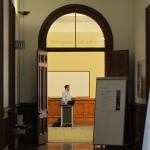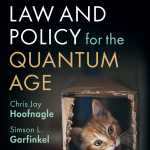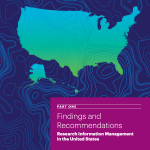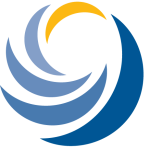Information Access Seminar
The Friday afternoon Information Access Seminar explores topics relating to digital libraries, with special emphasis on access to networked resources, use of two or more resources in conjunction, combined use of two or more retrieval systems (e.g., use of pre- or post-processing to enhance the capabilities), and the redesign of library services.
The seminar is hosted by Clifford Lynch and Michael Buckland and can be taken for credit as Info 296A. Information Access.
Sign up for for email announcements about upcoming Information Access Seminars

























